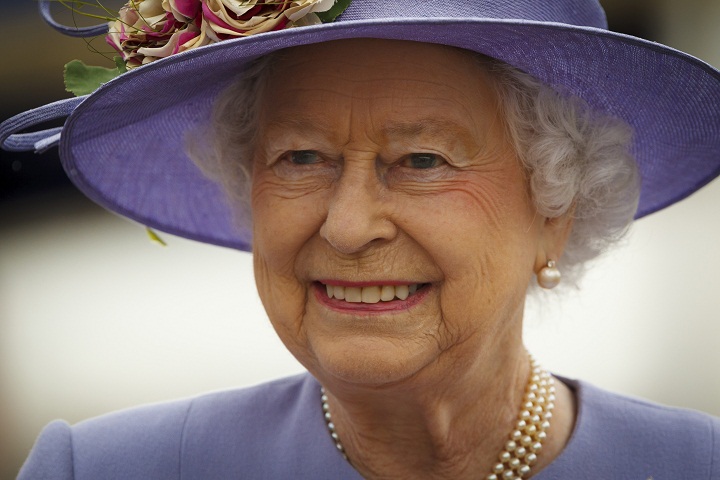TORONTO – Forcing would-be Canadians to pledge allegiance to the Queen before they can become citizens is discriminatory and a violation of their constitutional rights, three permanent residents are set to argue in court on Friday.

All maintain they oppose the oath on religious or conscientious grounds, saying pledging allegiance to Canada should be sufficient.
The Citizenship Act requires applicants for citizenship to swear or affirm they will be “faithful and bear true allegiance to Queen Elizabeth the Second, Queen of Canada, her heirs and successors.”
The oath requirement “effectively bars” the applicants from enjoying citizenship rights such as voting or obtaining a Canadian passport given their constitutionally protected beliefs, their application to Ontario Superior Court states.
People born in Canada or abroad to Canadian parents are automatically citizens and don’t have to take any such oath.
“All of the applicants would willingly take an oath to observe the laws of Canada and fulfil their duties as Canadian citizens.”
One of the applicants, Michael McAteer, 79, a retired journalist who immigrated almost 50 years ago, says his father was persecuted in Ireland for supporting Irish independence.
“Taking an oath of allegiance to a hereditary monarch who lives abroad would violate my conscience, be a betrayal of my republican heritage, and impede my activities in support of ending the monarchy in Canada,” McAteer says in his affidavit.
- What is a halal mortgage? How interest-free home financing works in Canada
- Ontario doctors offer solutions to help address shortage of family physicians
- Capital gains changes are ‘really fair,’ Freeland says, as doctors cry foul
- Budget 2024 failed to spark ‘political reboot’ for Liberals, polling suggests
For its part, the federal government argues that taking an oath to the Queen has been around since Confederation as a condition of “acquiring membership in the Canadian polity.”
“The swearing of an oath to Canada’s head of state has been a constant regardless of other legislative changes that have been made over time in the process for becoming a naturalized Canadian,” the government states in its factum.
The government also insists the three are in Canada voluntarily, and their political and religious views enjoy constitutional protections.
That they cannot have the “convenience” of a Canadian passport or the right to vote is a small price to pay for adhering to their principles, the government argues.
“It is not constitutionally inconsistent that the applicants who find Canada’s foundational democratic political structure to be ‘repugnant,’ at least in parts, are not accorded the right to vote within that political system,” the government says.
“The inability to enjoy the benefits of citizenship – to hold a Canadian passport and to vote – are amongst the costs reasonably borne by individuals whose personal beliefs run counter to Canada’s foundational heritage.”
The case initially arose in 1991, when Toronto-based civil-rights lawyer Charles Roach challenged the oath requirement in Federal Court and lost.
Over Ottawa’s objections, Roach successfully reprised the case in Superior Court in 2005. He died last fall and the case is now proceeding with McAteer and two others, Simone Topey, and Dror Bar-Natan as applicants and Peter Rosenthal as their lawyer.
Topey, who was born in Jamaica in 1966 and came to Canada in 1978, says swearing allegiance to the Queen – whom Rastafarians regard as the “head of Babylon” – would violate her deeply-held beliefs.
Bar-Natan, 47, an Israeli math professor who came to Canada in 2002, maintains the Queen is a symbol of entrenched privilege and taking an oath to her would be “repulsive.”
“It’s not that I believe in total egalitarianism,” Bar-Natan said in an interview.
“On the other hand, having royalty is a bit much.”



Comments